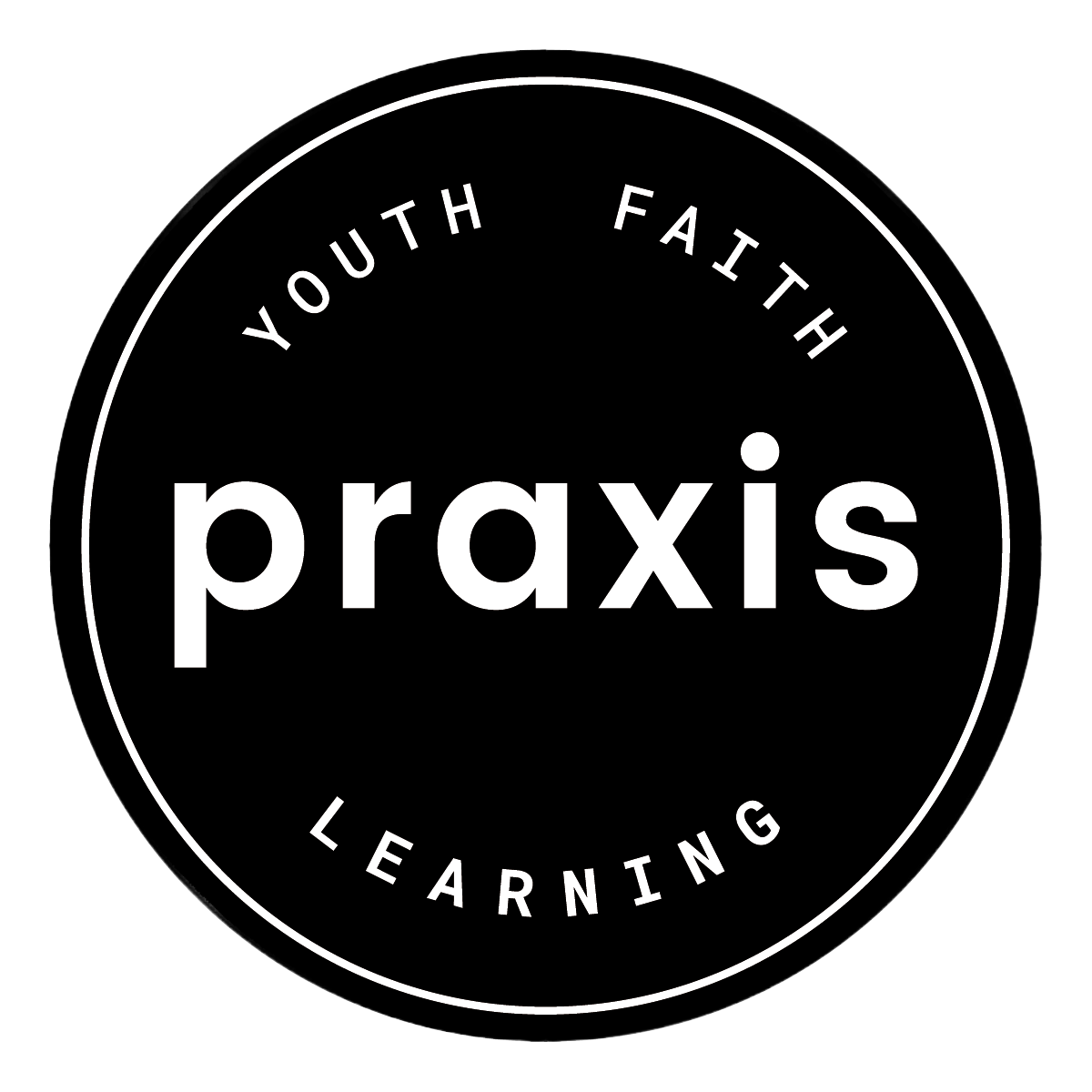
Workshop Details
Workshop Presenters
Inotoli is a Restorative Justice Practitioner and works as Practice Lead and Convenor in the areas of family violence and youth justice in both community and Government sectors, Australia. Other areas of work included teaching, intersectional feminism, human rights, refugees & asylum seekers, and homelessness.
She holds a M.Div, M.Theol and Master of International Law
Inotoli Zhimomi
John Marion is a National Youth Specialist for the Salvation Army. In this role, he resources and trains frontline workers, and conducts research with young people to develop best practice response to the challenges they face. He has spent his entire career in youth work, working alongside young people in disadvantaged settings, including in schools, on camps, and in residential care. John also has a passion for teaching. He ran a youth work training program for the Salvation in Perth for many years, and currently teaches in Victoria University’s youth work course.
John Marion
Mavis Payne is a retired Christian minister who has invested in training and equipping leaders with Scripture Union and currently as a Coach of Christian leaders. She is married and has two young adult children who are leaders.
Mavis Payne
Dr Katherine Thompson has worked in youth mental health for over 20+ years as a researcher, academic and therapist. She teaches at Melbourne School of Theology on the integration of mental health, wellbeing and Christian faith, and has a research interest in the area of cross-cultural mission. She has published books on Christ-Centred Mindfulness, and has a passion for up-skilling everyday Christians to transform their lives. Katherine enjoys the challenge and reward of working part-time in private practice offering mental health treatment to young people aged 12-25 years.
Katherine Thompson
Charlene supports emerging generations and leaders from the Baptist Union of Victoria’s CALD churches. She holds a Bachelor of Social Science (Youth Work) and Graduate Diploma in Theology from Whitley College. She has worked in various roles through Scripture Union Victoria and Surrender Co. She is passionate about intercultural work.
Charlene Delos Santos
Workshops
MARCH WORKSHOP:
Being a Trauma-Informed Practitioner
Inotoli Zhimomi
In this workshop, we will discuss principles of trauma informed practice as a way of exploring together how we might apply these principles in our engagement with the community members within our role/capacity. How can we provide trauma informed care to our community?
APRIL WORKSHOP:
Youth Participation and Emancipatory Youth Work
John Marion
Youth participation is something that everyone talks about in youth work, but what it means and how it works is less clear. How can we truly empower young people, rather than use them to meet our needs? How can youth participation go beyond our services to bring about social change, and help challenge social injustices young people face? In this workshop we’ll discuss the practicalities of youth participation, but also look deeper at our motivations and reflect theologically on how youth participation can help liberate young people.
MAY WORKSHOP:
Suicidal Ideation in Young People
Katherine Thompson
In this workshop we will be exploring risk factors for suicide in young people, how to identify risk, explore our own personal attitude to suicide, and how to intervene and keep someone safe. We will reflect on how faith intersects with this difficult and confronting topic, and how the Church has stigmatised this mental health issue. Participants will feel more confident in how to discuss suicidal ideation with young people in a positive and non-judgemental way.
JUNE WORKSHOP:
Intentional Leadership
Mavis Payne
With over 40 years leadership experience, Mavis will share with us how to stay intentional for the long haul in Christian community work. How do you keep reflecting and act on your learnings? What does it mean to lead from wisdom and not habit.
JULY WORKSHOP:
Walking alongside Culturally Diverse Communities
Charlene Delos Santos
Our society is becoming more and more culturally diverse. How do we respond as practitioners to help create inclusive spaces where people of culturally and linguistically diverse backgrounds feel a sense of belonging, and have their voices be heard?





